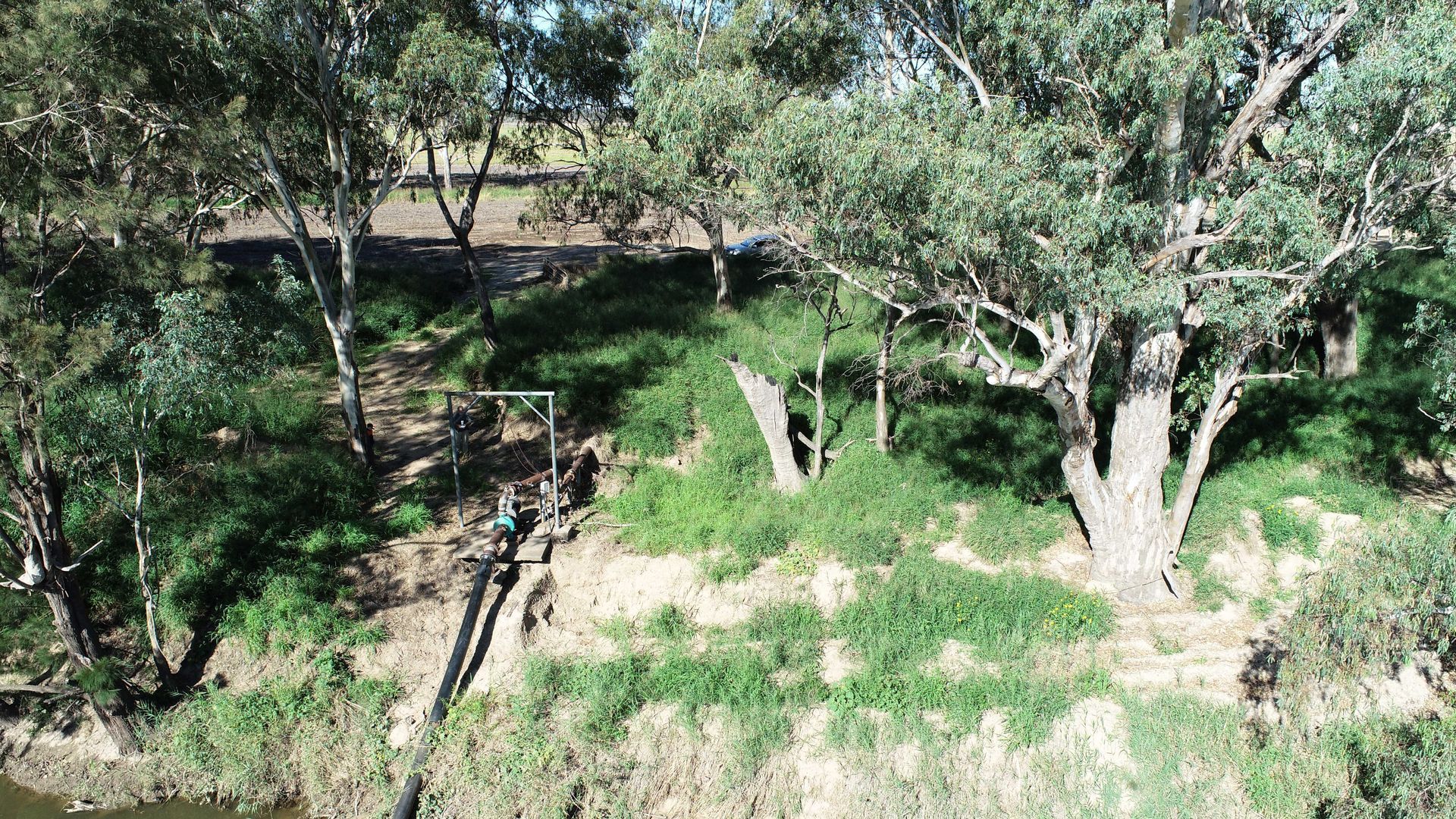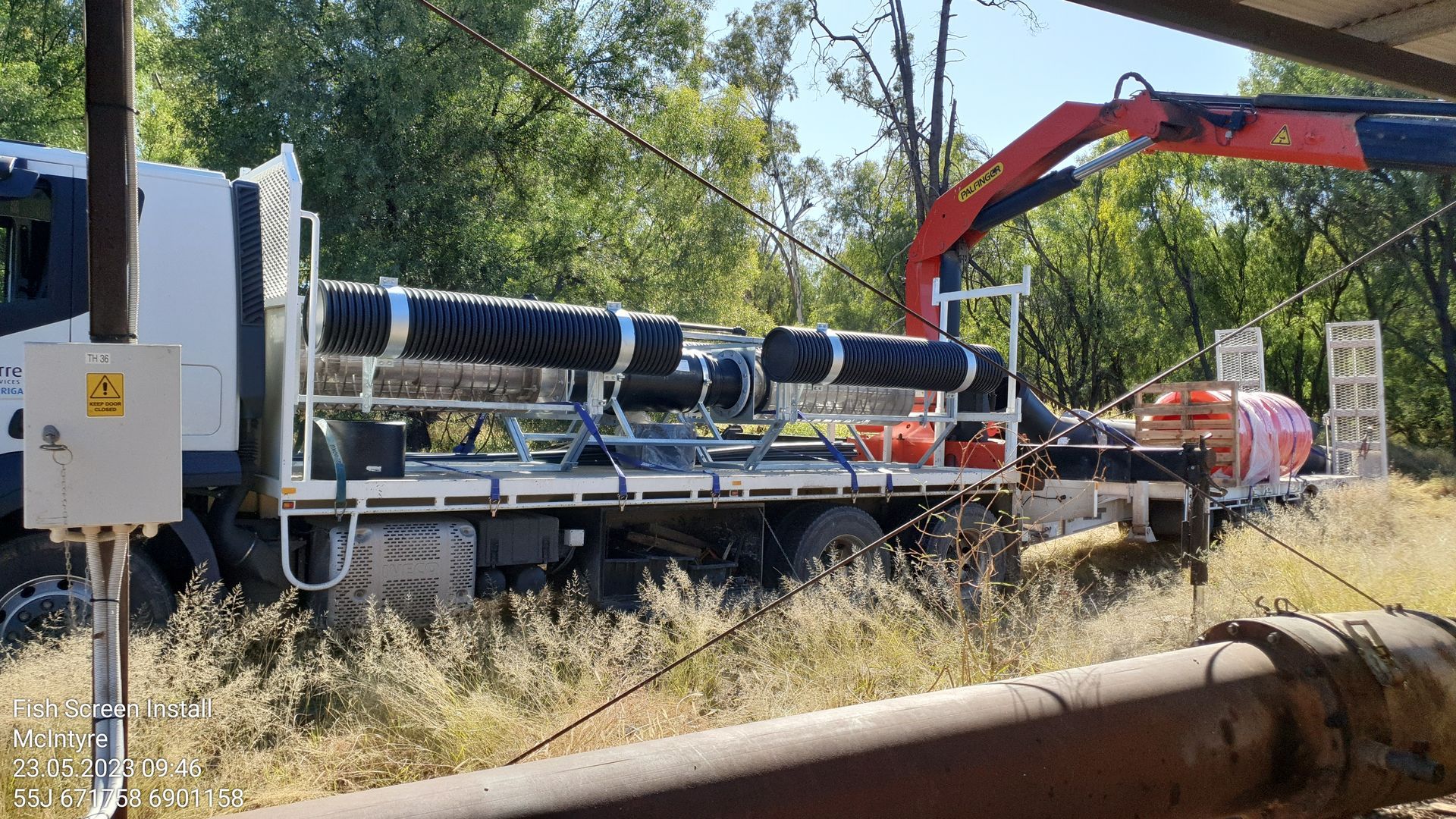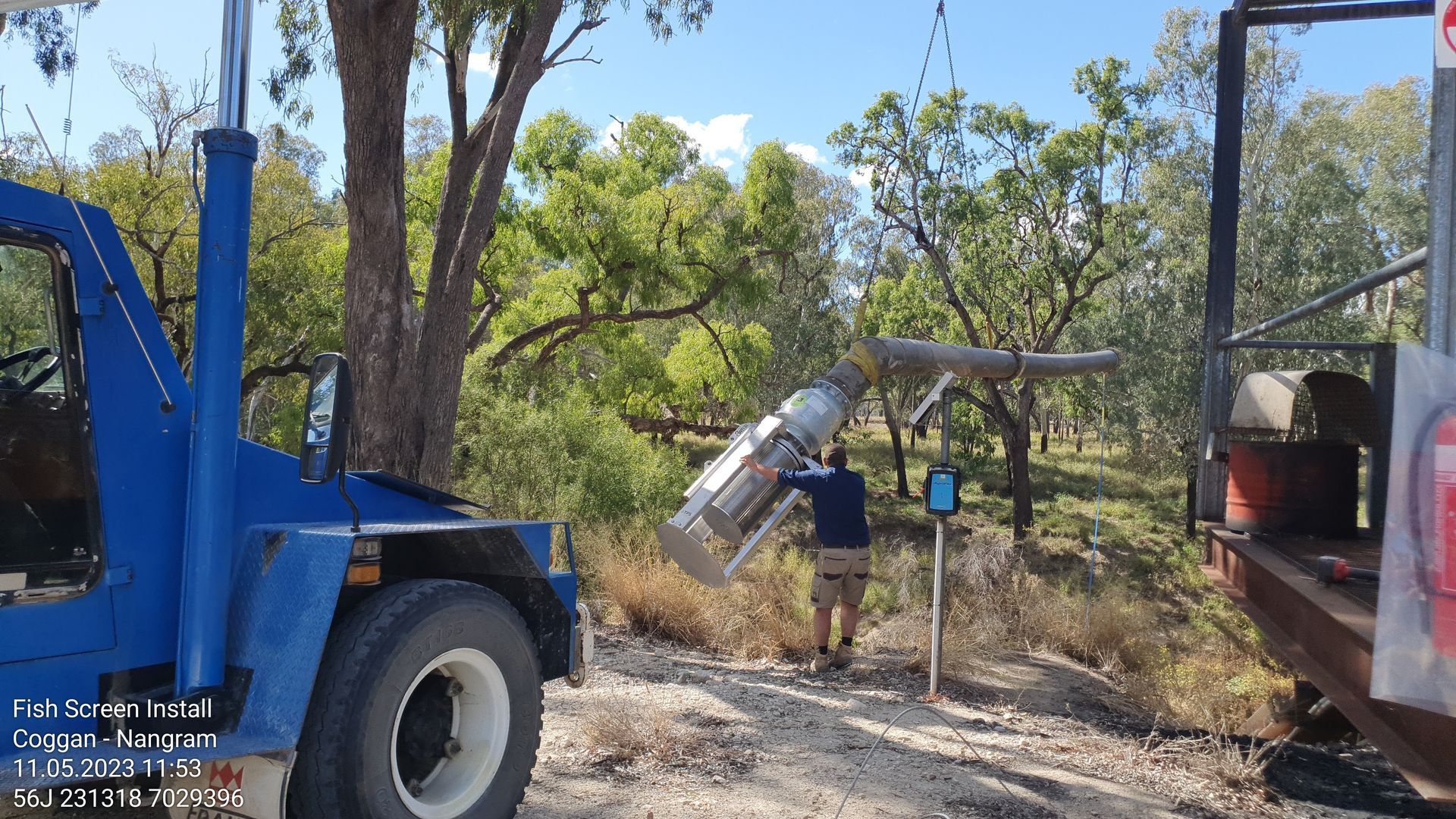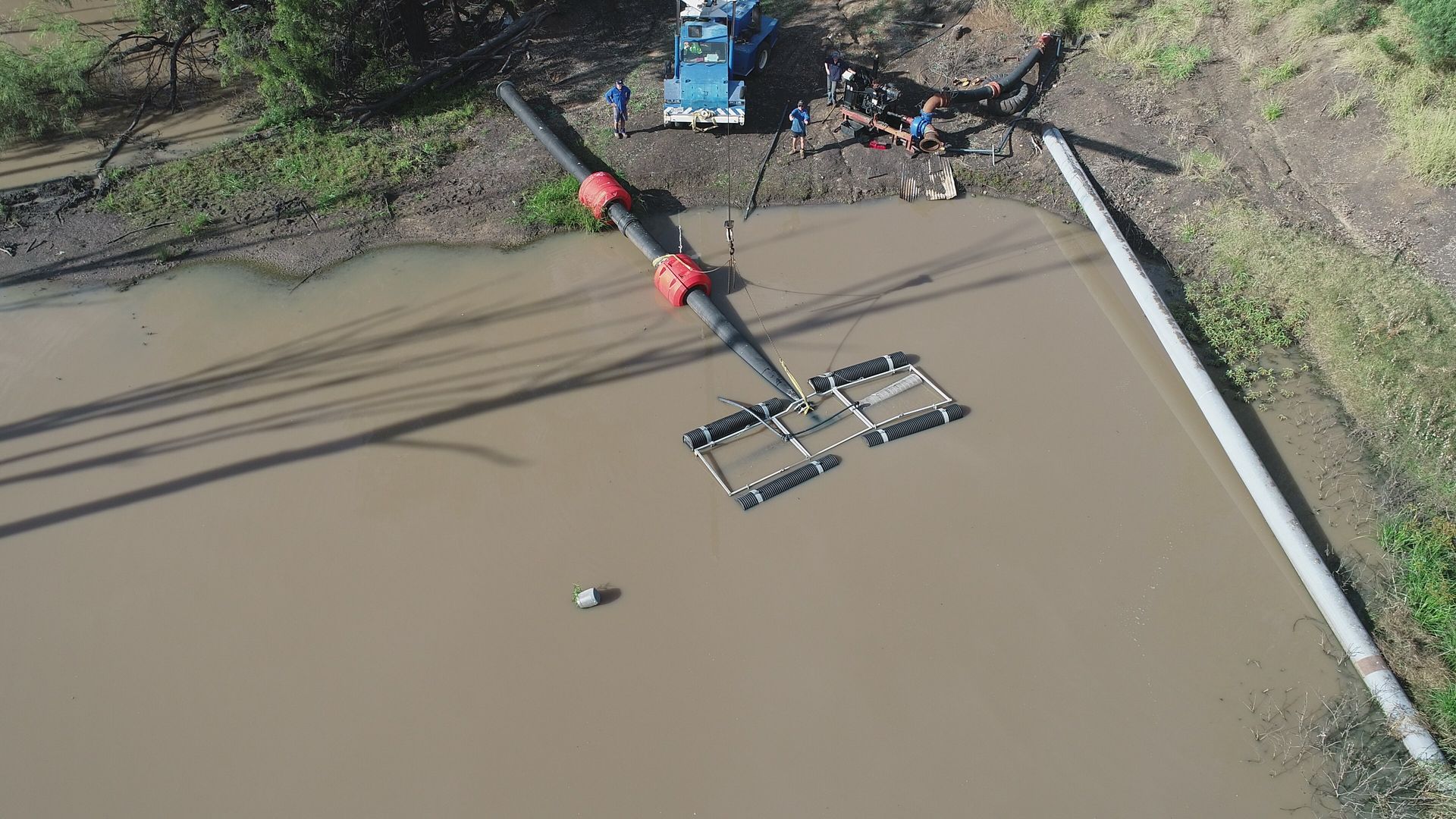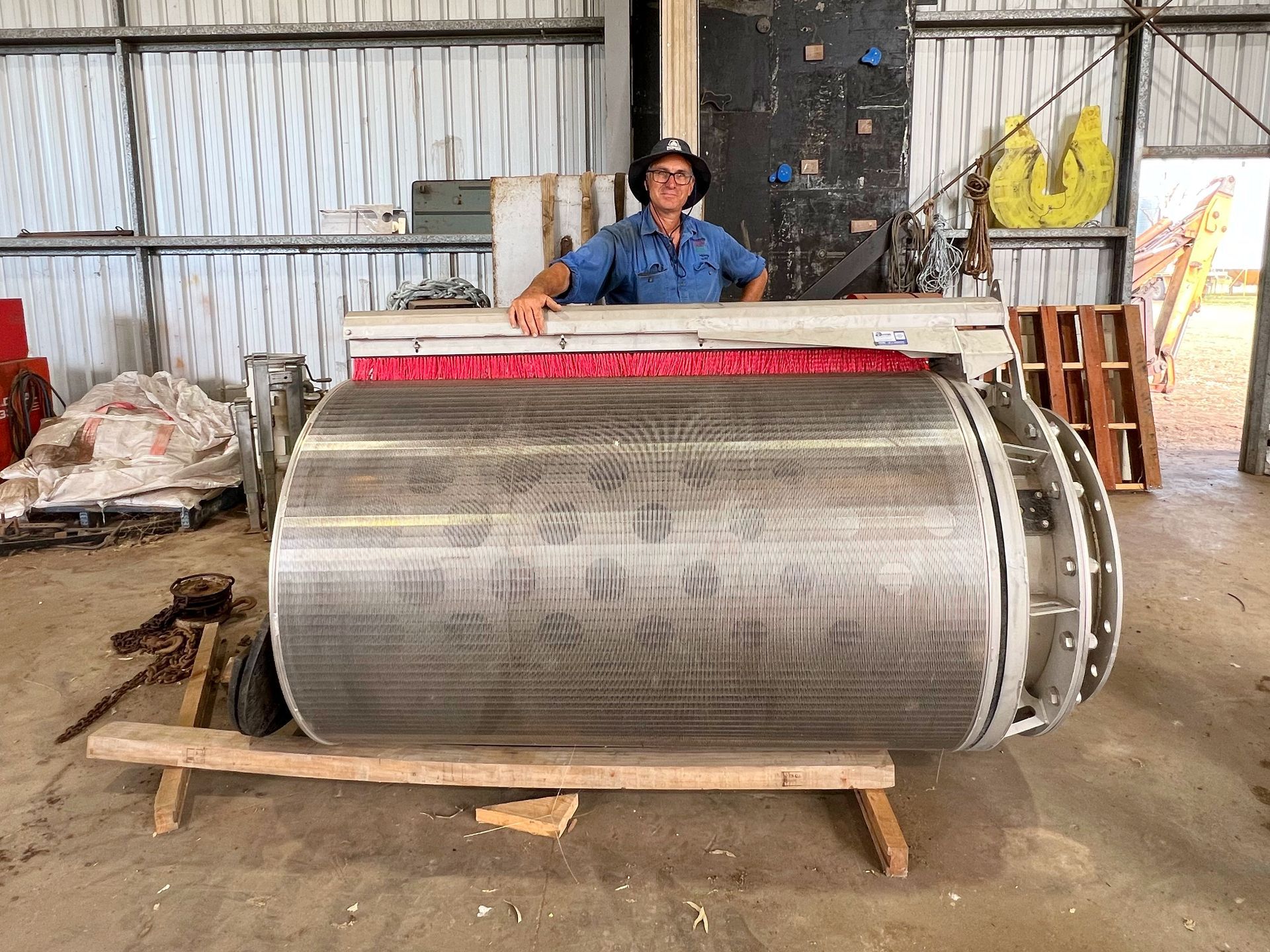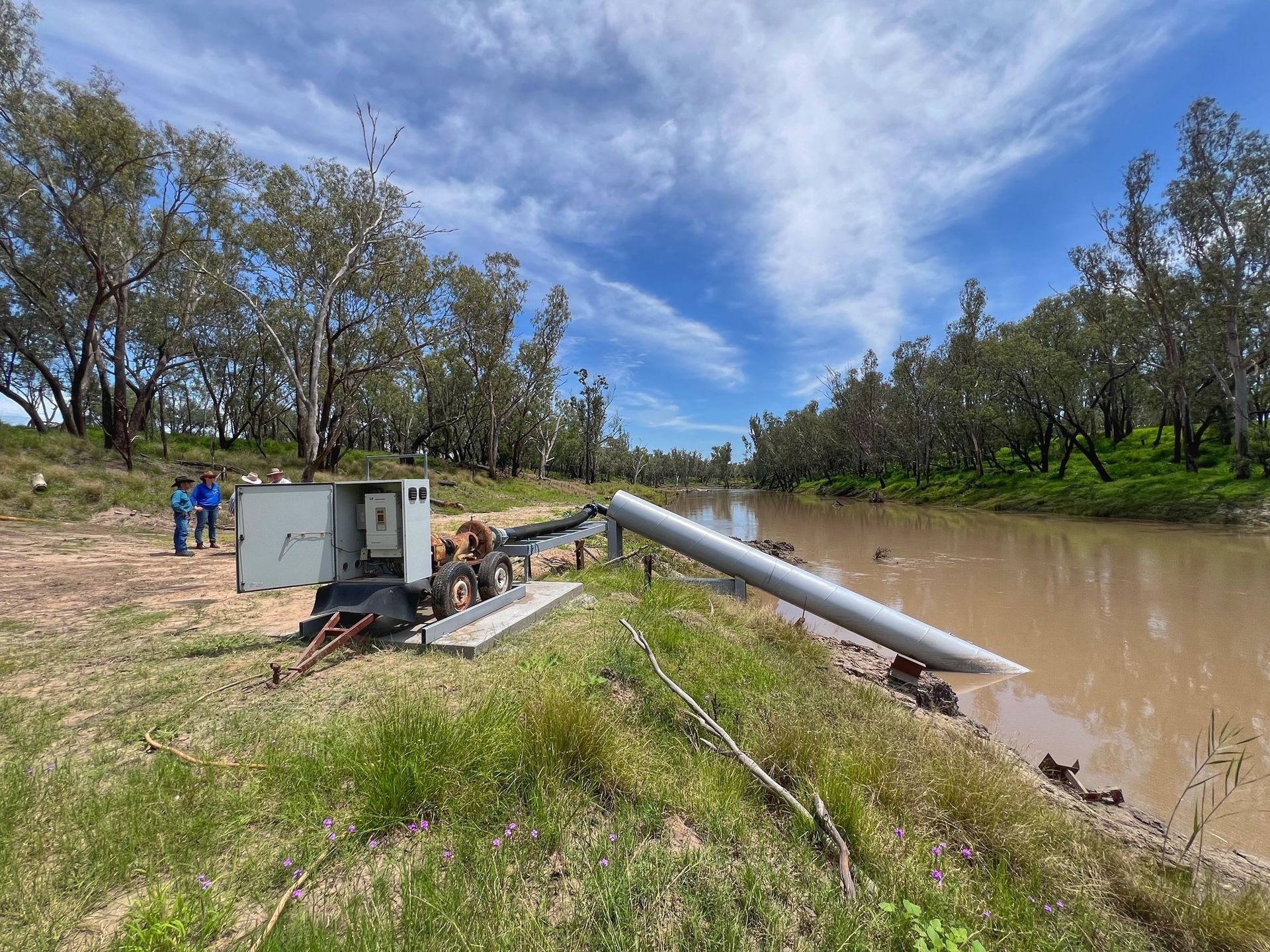Plastic Free July
150 million tonnes of single use plastic waste is produced every year. Senior Project Officer Jacinta Cox says Plastic Free July is a cause close to her heart.
"On the issue of plastic, our family tries to reduce plastics wherever we can…being keen river enthusiasts, we are always doing our part to pick up plastics as we find them in channels and just throw them in the car to take to the nearest bin," said Jacinta. The amount of waste we produce in Queensland is growing at a much faster rate than our population growth, and as a state, we have a lot of catching up to do in terms of how we approach recycling and resource recovery.
Jacinta says recycling doesn't have to be stressful, and that small, every day changes can make a BIG impact. “In addition to doing the ‘right thing’, see if you can think of just one way you and your family can address the three ‘R’s:” she said.
REDUCE
Reduce your plastic packaging.
"I pack my son’s lunchbox with reusable containers. He has reusable containers for everything! We have a tiny bottle for his juice/milk, metal straw and all shapes and sizes for other items. Do you really need glad wrap for your sandwich? Well, if you have a tight fitting container, you don’t! Admittedly you may have to still transfer food from a bigger plastic item to the smaller containers – but it’s still a lot less plastic then throwing away several small items every day,”
Buy local and support farmers markets.
“We buy what fresh food we need just for the week from our local farmers markets, that way there’s no pre-packaging and much less food wastage. If you plan well, I promise you will also save money," she said.
RE-USE
Invest in ‘reusable consumables’.
"Single use plastics can include your cleaning products - and think about it, the plastic waste can really add up when you have kids! We use refillable cleaning products where we can. It can be cheaper and better for the environment to use refillable products - or make your own,”
Re-use takeout containers.
“Although they can be a hassle to wash and re-use, takeout containers can be used more than once! My husband uses them for organising nails and screws, and I like to use them for freezing food portions and leftovers. Most reused plastic containers eventually crack and need to be added to the recycling bin, but at least you’ve extended their life and more than likely reduced the need to purchase additional containers in the process.”
RECYCLE
Cash in your drink containers.
"I was so happy when they brought back the cash for containers scheme. There’s not a single kid out there who won’t absolutely love collecting all the recyclables and getting cash for them,"
Help drive change.
“Insist your governmental representatives commit to more investment in research and development for the recycling of plastics. Plastics are a valuable resource and one day soon our kids will be wondering why on earth we ever threw it away,”
Learn more about how Queensland aims to tackle plastic waste:
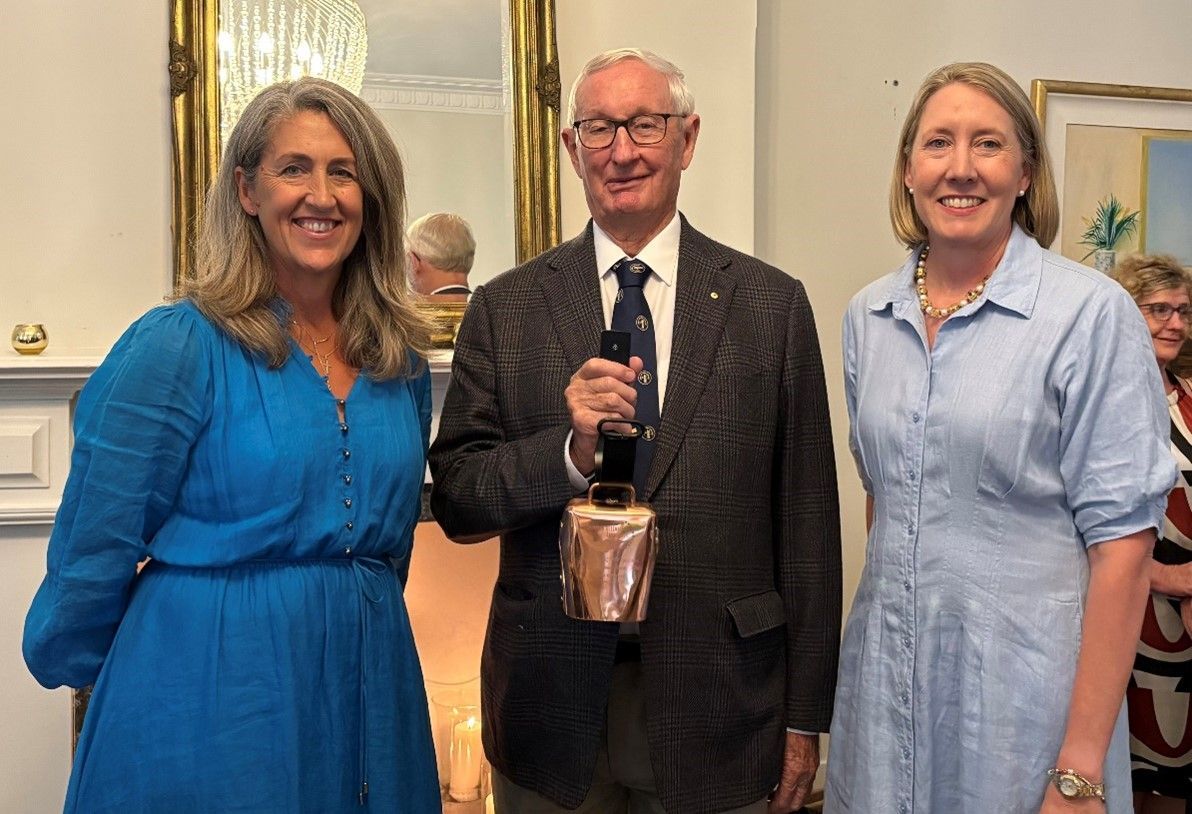
Southern Queensland Landscapes is seeking an experienced and influential Board Chair to lead a multi-skilled Board in managing natural resources across Southern Queensland. This is a 3-year remunerated role based in Toowoomba, QLD, with the flexibility to manage from anywhere in Southern QLD. The ideal candidate will bring: • Substantial experience leading diverse Boards • Strong relationship-building and leadership skills • Expertise in environmental and agricultural matters This role is an opportunity to shape the future of natural resource management, working closely with land managers, community leaders, and industry professionals. Are you ready to make an enduring impact? For more details and to apply, visit www.windsor-group.com.au/job/board-chair-natural-resources-peak-body or contact Mike Conroy at apply@windsor-group.com.au.
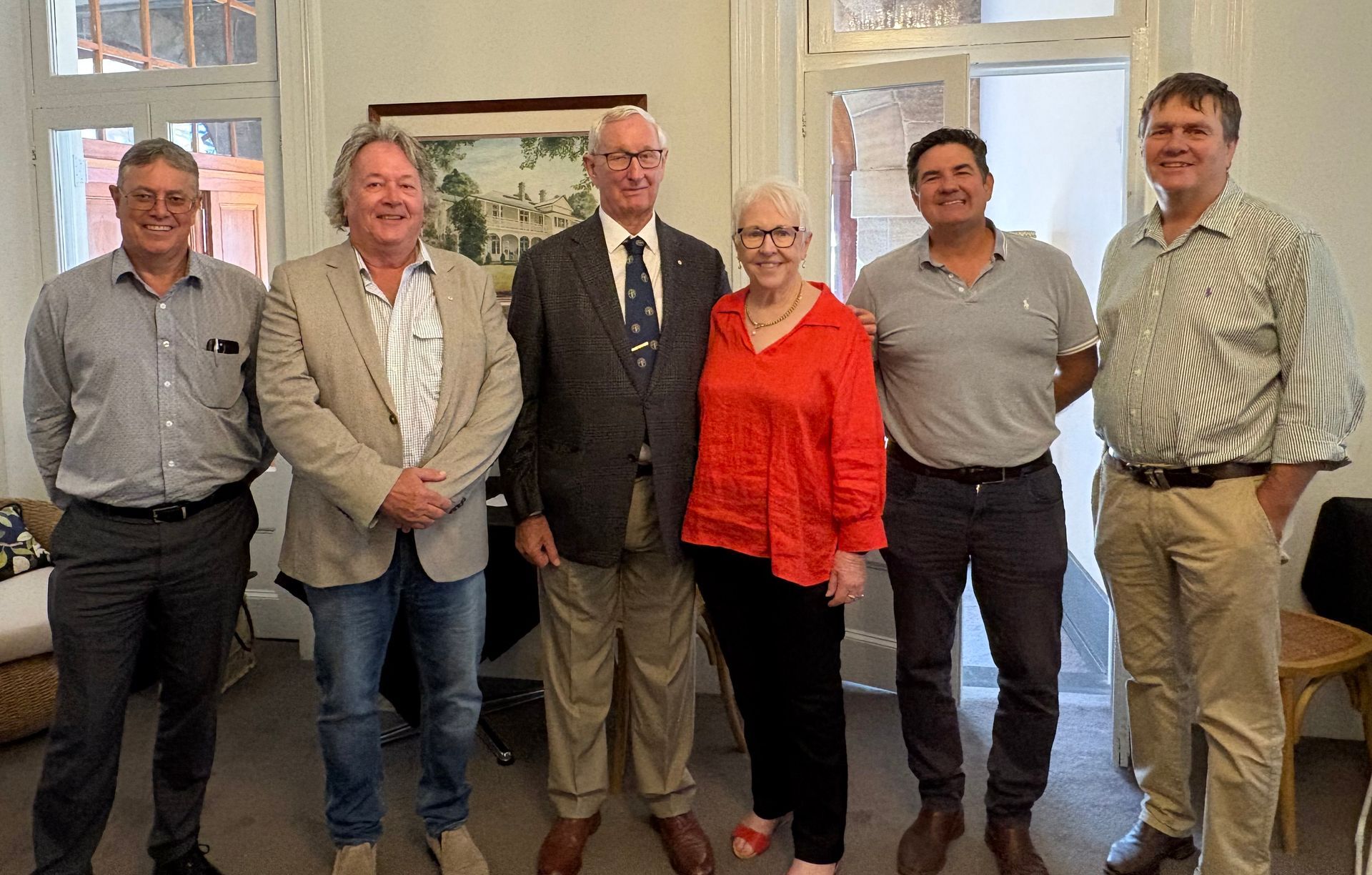
This week marked the final Board meeting for retiring Southern Queensland Landscape Chair, The Hon Bruce Scott AM. The Southern Queensland Landscapes Board hosted a function at Gip’s restaurant in Toowoomba, joined by past Directors, industry stakeholders and the Southern Queensland Landscapes Management team, where Bruce was warmly acknowledged and thanked. Bruce offered special thanks to his dear wife Joan for her support during his period of service to Southern Queensland Landscapes, in particular the warm country hospitality she has offered to many visitors to Roma. Bruce also recognised and thanked Southern Queensland Landscapes Company Secretary Pam Murphy, who has supported Bruce in his service to Southern Queensland Landscapes since the organisation’s inception.
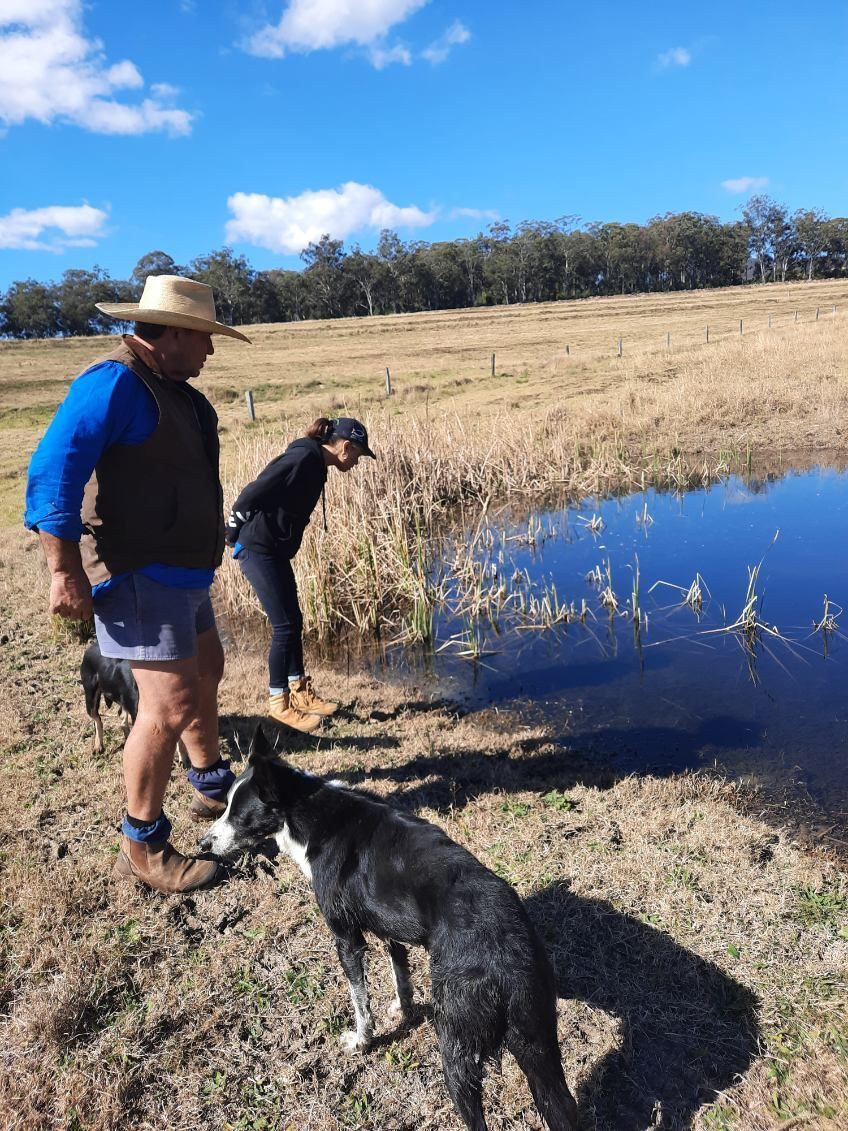
The Condamine Headwaters, a critical ecosystem in Southern Queensland, has long faced threats from sedimentation, habitat degradation, and thermal regime changes. The Blackfish Project, dedicated to reversing these impacts, unites scientists, landowners, and the community in a shared mission to restore and protect this vital environment. At its core lies the river blackfish, a sensitive indicator of the overall ecosystem health. Central to the project's success is the unwavering commitment of landowners like Paul Graham. Inspired by the project's vision, Paul reached out to SQ Landscapes seeking support for a solar pump and tank to divert his cattle away from waterways on his property. Paul's deep-rooted love for his land, captured in his humorous quip "I love my land more than I love my wife," is a testament to the powerful connection between people and place that drives conservation efforts.
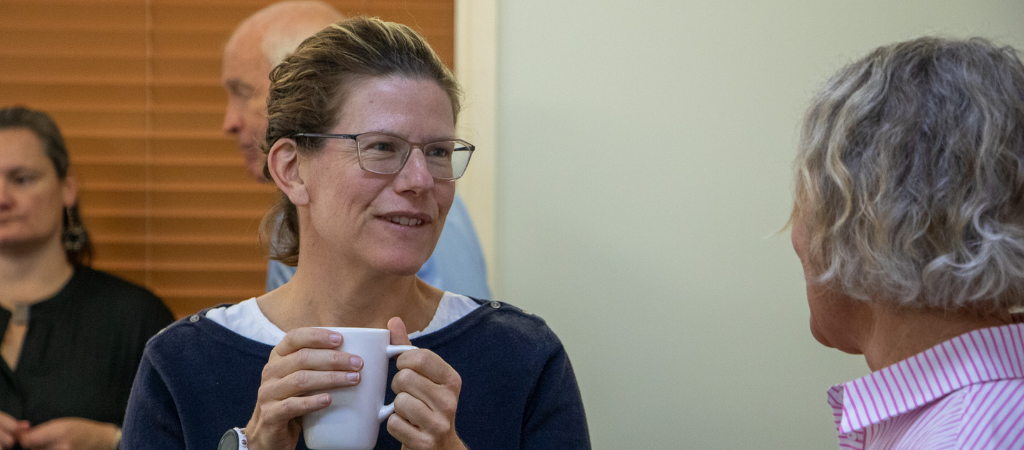
The Board of Southern Queensland Landscapes recently met in Toowoomba. In addition to the Board meeting, Board and Executive worked through updating SQ Landscapes’ strategy. Company Secretary Pam Murphy highlighted the importance of the latest Board meeting and what it means for the company’s future. “The updated strategy will help SQ Landscapes deliver sustainable natural resource management (NRM) outcomes that improve the lives of people in regional communities now and for the future,” Pam Murphy said. “We’re excited to continue delivering value for our region and build Flourishing Landscapes and Healthy Communities across Southern Queensland under the guidance of the Board,” Mrs Murphy said.

